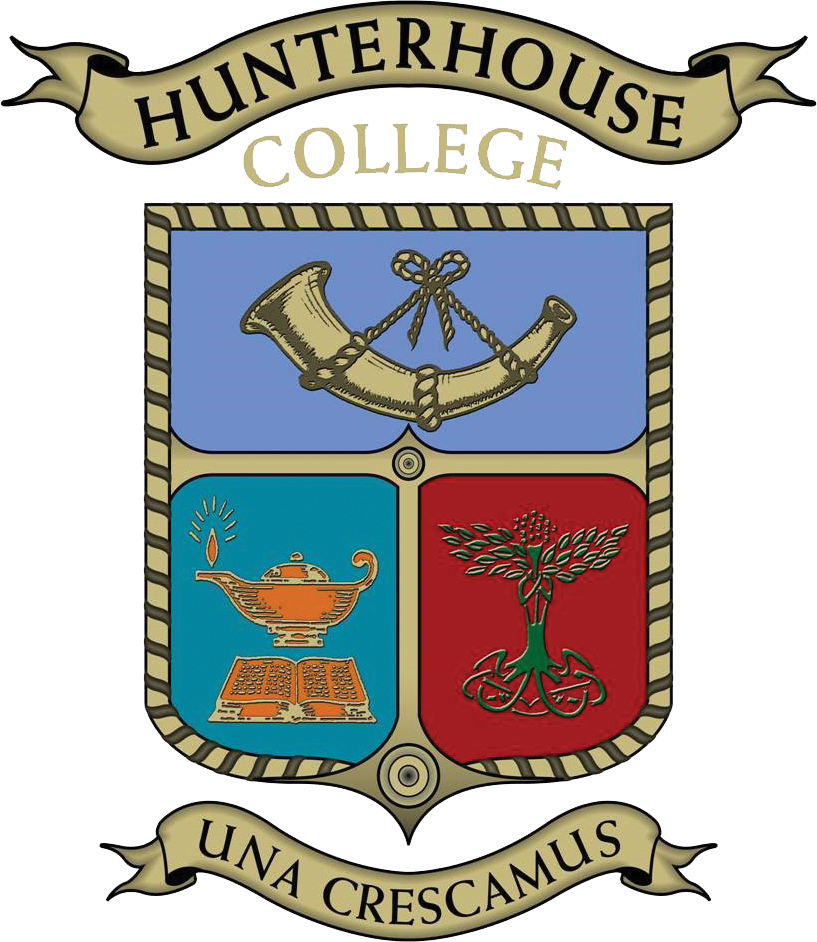Life and Health Sciences
The Science Department consists of seven well-equipped modern laboratories and three prep. rooms.
Life and Health Sciences aims to encourage students to develop their interest and enthusiasm for Science including the improvement of practical, mathematical and problem-solving skills and the development of knowledge and understanding of scientific issues.
The Advanced Subsidiary GCE in Life and Health Sciences contains three units. Sections include experimental techniques, human body systems and aspects of physical chemistry in industrial processes. The experimental techniques unit is internally assessed and is worth 33.34% of the AS qualification. Human body systems and aspects of physical chemistry in industrial processes are externally assessed examinations and are both worth 33.33% of the AS qualification.
The Advanced GCE in Life and Health Sciences contains six units. Sections include scientific method, investigation, analysis and evaluation, organic chemistry and genetics, stem cell research and cloning. The scientific method, investigation, analysis and evaluation unit is internally assessed and is worth 20% of the A2 qualification. Organic chemistry and genetics, stem cell research and cloning are externally assessed examinations and are both worth 20% of the A2 qualification.
Students taking Life and Health Sciences must be able to carry out effective independent study and undertake practical activities as assessment of competence and student ability forms a course requirement at both AS and A2 levels. Reading around the subject matter is encouraged and knowledge of key subject areas like Biology, Chemistry, Physics and Mathematics is essential.
Career prospects:
Advanced Subsidiary GCE and Advanced GCE Life and Health Sciences can be used in conjunction with other subjects, not necessarily sciences, to gain entry into a wide variety of careers.
Science related careers:
This applied qualification responds to the needs of the growing life and health sciences sector in Northern Ireland, which generates sales worth about £800 million a year and growing. It was developed as a result of the findings of the 2015 Northern Ireland MATRIX report into life and health sciences, which identified the need to support and develop the future workforce with the full range of scientific skills and knowledge necessary for the sector to continue to thrive.
Life and health science related industries make up over 25% of Northern Ireland’s total economic output. They include a diverse range of businesses and employment opportunities, from pharmaceutical and chemical to the National Health Service. Students will benefit from being immersed in an exciting range of specialised scientific units, such as Medicine, Drugs and Clinical Trials and Enabling Technology, which reflect and complement the opportunities this sector provides.
